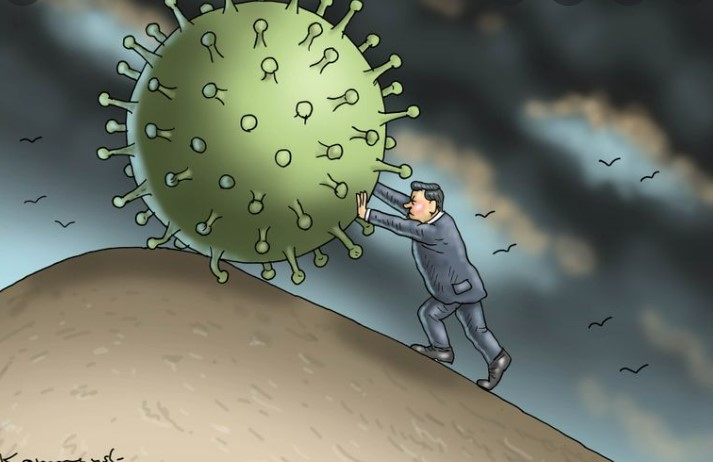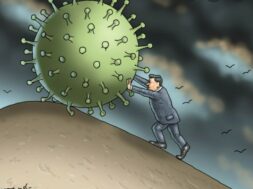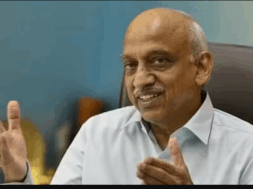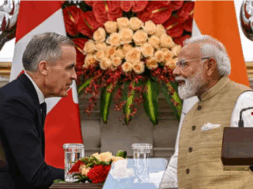
Roving Periscope: More anti-Xi slogans appear amid CPC’s 20th Congress
Virendra Pandit
New Delhi: Amid the ongoing seven-day-long National Congress of the Communist Party of China (CPC), fresh slogans against President Xi Jinping’s policies appeared for a second time in a week in eight cities across the country, underlining increasing widespread disillusionment against the ruling party leadership and its policies.
On October 13, the people saw two banners with a protest message against the Zero Covid policy and dictatorship hanging off Sutong Bridge in northwest Beijing’s Haidian district in the run-up to the ongoing CPC’s 20th National Congress, which began on October 16. These banners condemned China’s dictatorship and its controversial Zero Covid policies that have kept millions locked down in different parts of the country even now. In contrast, the rest of the world has largely reopened to the pre-Covid era’s freedoms.
“We want food, not PCR tests. We want freedom, not lockdowns and controls. We want respect, not lies,” one banner read, showing the people’s anger against the Communist government’s brutal policies.
Reports said that last week’s banners in Beijing did not seem an isolated incident and have now spread to some other Chinese cities, universities, and institutions where people scribbled slogans even on washroom walls and other places out of the CCTV’s prying eyes.
The people have spotted these signs in at least eight other Chinese cities.
The fresh slogans appeared clandestinely in at least eight Chinese cities including Shenzhen, Shanghai, Beijing, and Guangzhou, as well as Hong Kong, a media report said, quoting an anonymous group of Chinese nationals who run a pro-democracy, social media account with over 30,000 followers.
Most of the slogans were scribbled on public bathroom walls, away from surveillance cameras. “Bathrooms have become a key spot to express dissent, as most are shielded from the ubiquitous security cameras in China’s extensive surveillance apparatus. In one instance, graffiti that read “reject dictatorships” was seen scrawled above urinals at the China Film Archive Art Cinema in Beijing,” a report said.
Similar banners have been put up or slogans raised at several university campuses in the US, UK, Europe, Australia, and elsewhere, another media outlet reported.
By the time the Congress concludes on October 22, Xi Jinping might secure a third five-year term as the country’s supreme leader, further concentrating on him the powers of the offices of China’s President, the CPC’s General Secretary, and the Central Military Commission’s Chairman.
He is behaving like Mao Zedong, founder of the Communist China in 1949, who became Chairman of Everything. Like Mao’s, even Xi’s ‘thoughts” are now part of school curricula.
In the last Thursday’s second banner, the banners accused Xi of being a dictator. Police are reported to have arrested a man, but the officials neither confirmed the protest nor the arrest. They also removed the banners and swiftly censored online for any mentions of the incident. They dubbed the mystery protester “Bridge Man” in several online campaigns.
“That authorities censored even the words “bridge” and “Beijing”, as netizens across China sought more details about the protest. It shows that no amount of meticulously scripted political theater is going to erase humans’ demands for rights,” Sophie Richardson, Human Rights Watch, said.
“And it’s been extraordinary to see solidarity gestures crop up around the world, especially on university campuses,” she said.
“Xi and the leadership want everyone to believe they enjoy widespread support. These protests clearly show the fallacy of that view.”













